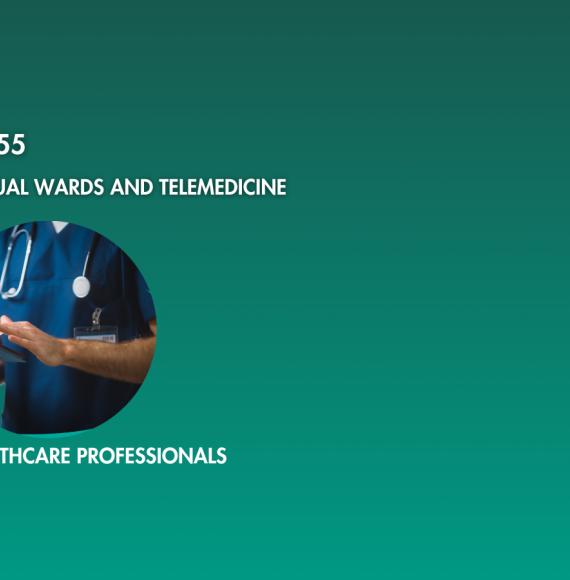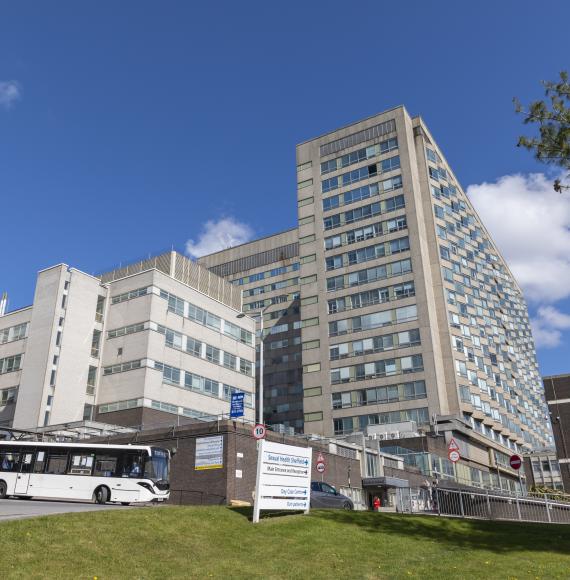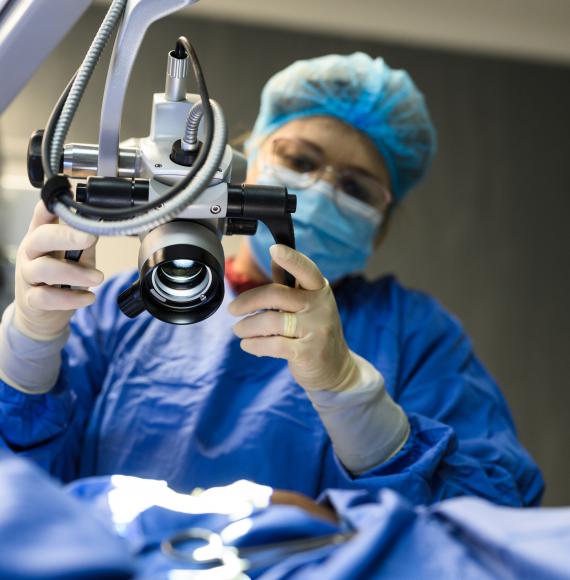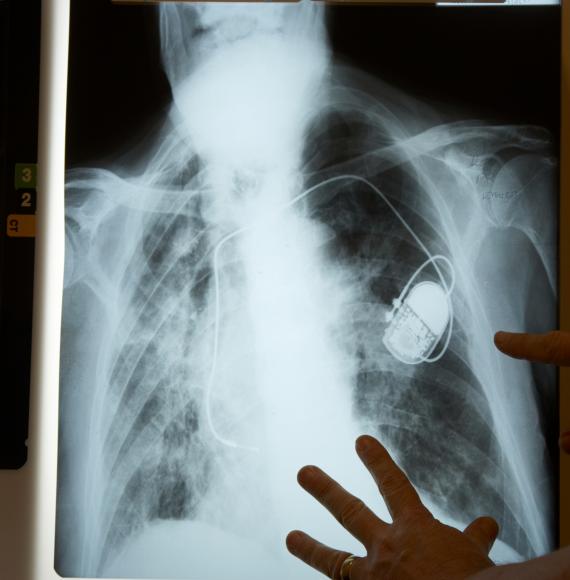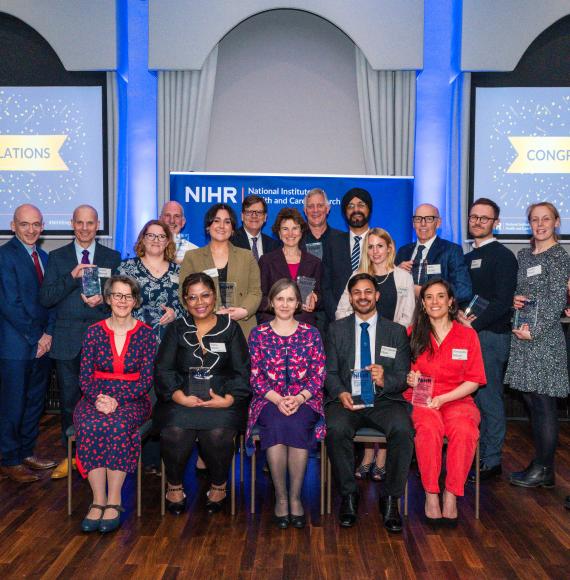Last week, the Medicines and Healthcare products Regulatory Agency hosted a landmark event in Westminster, London, to showcase the progress of the seven newly established Centres of Excellence for Regulatory Science and Innovation (CERSIs).
The event brought together key stakeholders from government, industry, and academia to discuss how these projects are driving advancements in healthcare.
The MHRA, along with funding partners Innovate UK, the Office for Life Sciences, and the Medical Research Council (MRC), heard directly from CERSI leads about the development of their projects since their launch earlier this year. Discussions focused on several critical areas, including the safe integration of AI-powered tools into patient care, the use of in silico trials to streamline development, and the shift from sickness to prevention through pharmacogenomics and diagnostics.
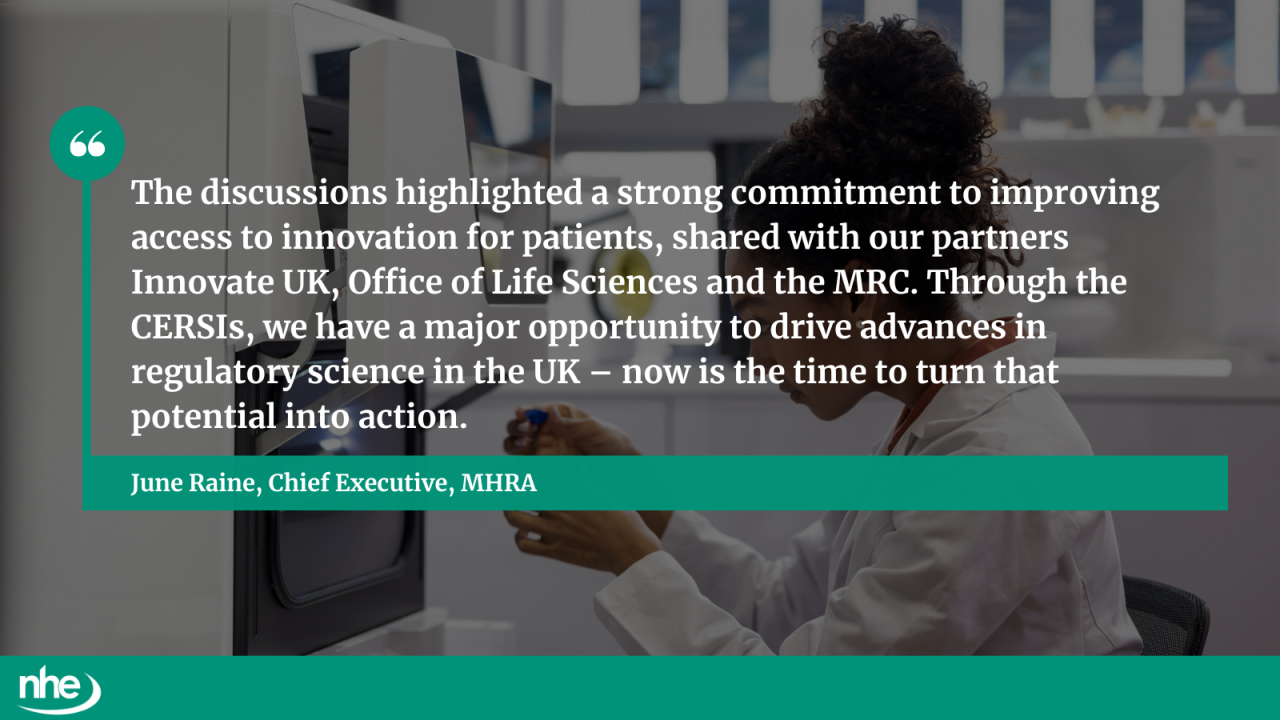
MHRA Chief Executive June Raine said:
“At our CERSIs event this week, the depth of expertise was impressive and there was real excitement about the progress being made. The discussions highlighted a strong commitment to improving access to innovation for patients, shared with our partners Innovate UK, Office of Life Sciences and the MRC. Through the CERSIs, we have a major opportunity to drive advances in regulatory science in the UK – now is the time to turn that potential into action.”
Cell and gene therapies were also highlighted, with discussions on developing laboratory approaches to shared challenges in advanced therapies. Additionally, the event emphasised the importance of modernising the manufacture of medicines and medical devices using new digital tools.
Cross-cutting issues such as data sharing, skills and expertise, and patient and public involvement were also addressed. These elements are fundamental to the success of CERSI projects, ensuring responsible use of health data, training regulatory scientists to keep pace with medical advancements, and embedding patient perspectives in innovation.
The collective impact of the CERSI initiative aims to ensure patients benefit from innovation and new treatments sooner. Keynote speeches by Science and Innovation Minister Lord Vallance and MHRA Chief Executive Dame June Raine underscored the programme’s role in shaping the future of regulatory science.
Image credit: iStock





